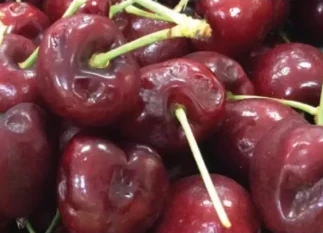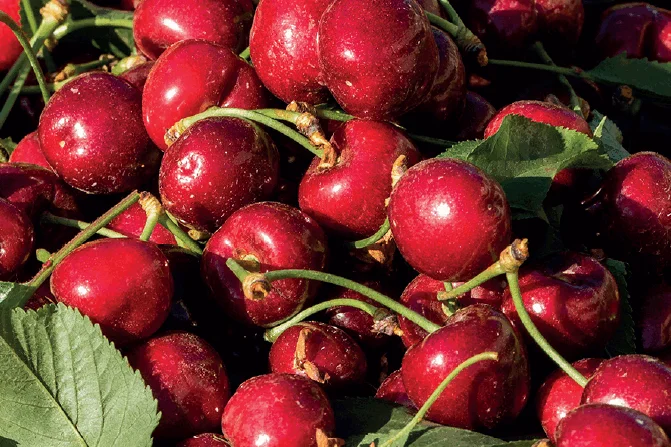While Michigan's agricultural sector grapples with increasingly unpredictable climate patterns, a new initiative offers hope for farmers like Raul Gomez, the COO of Wunsch Farms in Traverse City.
The Agricultural Climate Resiliency Program, launched by the Michigan Plant Coalition in collaboration with Michigan State University and the Michigan Department of Agriculture and Rural Development (MDARD), aims to address the long-term climate and water challenges affecting the state's farms.
Gomez, who runs a sixth-generation farm of cherries and apples, emphasized the crucial importance of precise management of water and nutrients in light of changing climate conditions. "We've had years where we've lost a significant portion of our harvest due to unexpected frosts or unseasonably warm winters," Gomez explained in a recent article shared via email by MSU AgBioResearch.
Michigan, renowned as a national leader in cherry production, faces increasing pressures from climate change. "Cherries prefer sandy soils and rely on distinct seasonal patterns," observed Gomez, reflecting in the article on recent production fluctuations due to climate variability.
The initiative comes at a crucial time, as Michigan's cherry production fell to 133 million pounds (60,327 metric tons) last year, down from previous years, due to climate change impacting pollination and fruit development.
For Gomez and other members of the agricultural community, the program is promising due to the innovative solutions and research-backed strategies to mitigate climate risks. "Efficient management of water resources has become essential," Gomez emphasized, citing the need to conserve water and prevent nutrient loss in the sandy soils prevalent in Michigan.
The Agricultural Climate Resiliency Program highlights Michigan State University's commitment to cutting-edge agricultural research. With over 300 faculty members engaged in advanced studies, MSU AgBioResearch continues to lead efforts in developing sustainable practices crucial for the future of food systems and environmental health.
For more information on the Agricultural Climate Resiliency Program and its impact on Michigan's agricultural landscape, the full research article is available online. Founded in 1888, MSU AgBioResearch remains at the forefront of agricultural research and environmental research, managing multiple research facilities across the state. For further information, visit the website agbioresearch.msu.edu.
Source: Fruit Growers News
Image: Seed World
Cherry Times - All rights reserved










